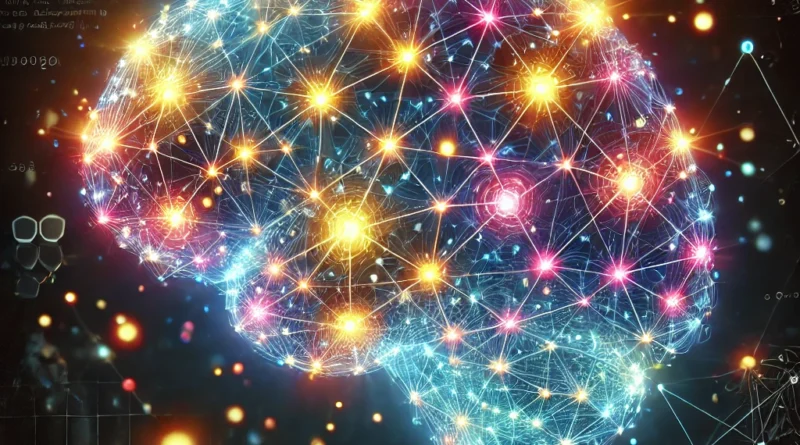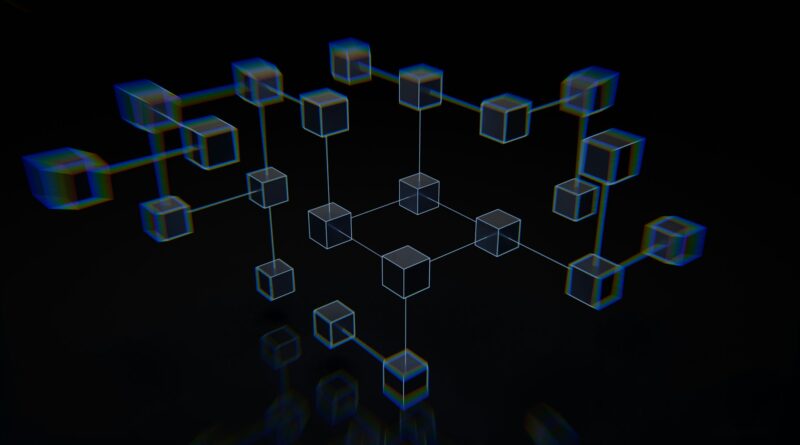Curating Chinese Ancient Book Catalogs through Interdisciplinary Collaboration
Chinese scholars have consistently built upon past knowledge to create new intellectual works. Over the centuries, these efforts have yielded a vast sea of literature spanning classics, histories, and literary compositions. Consequently, bibliography or book catalogs has long been regarded as a critical discipline—“the entry point to scholarship.” Ancient scholars relied on catalogs to locate texts and delve into learning. Today, as we explore the world of ancient Chinese books, catalogs remain indispensable guides.
Read More













